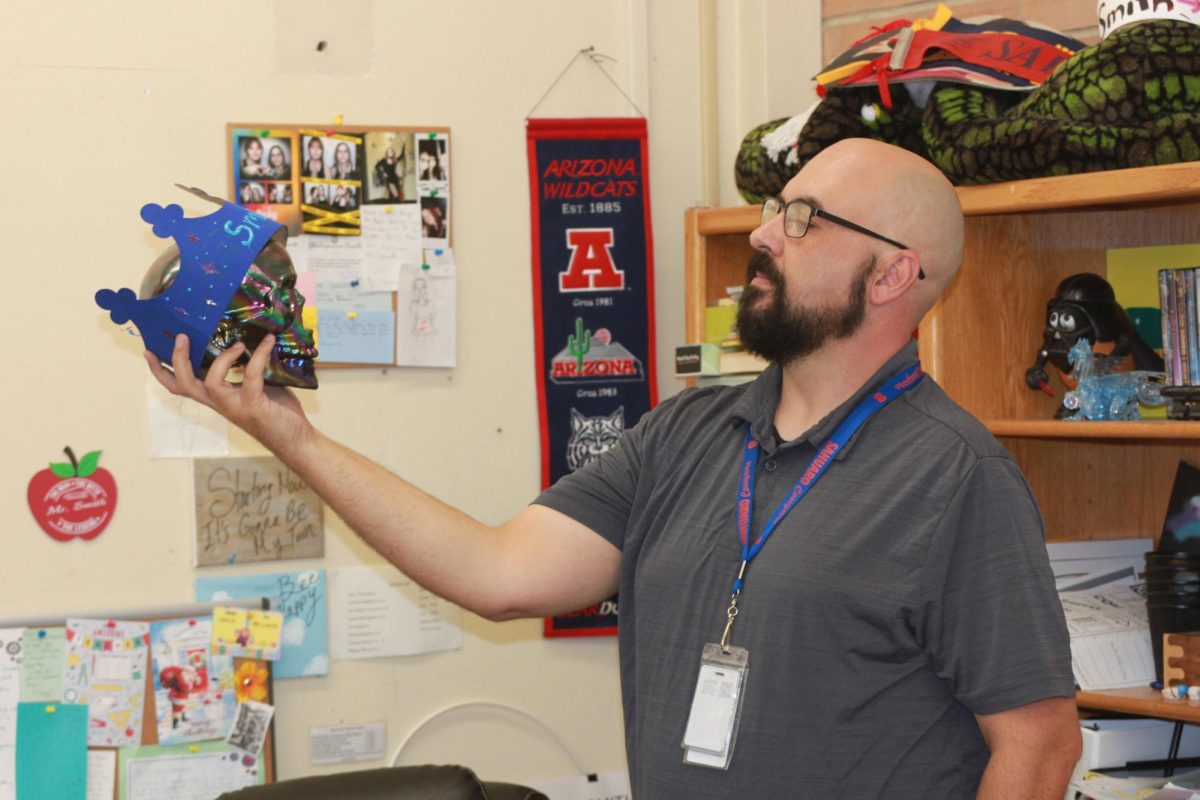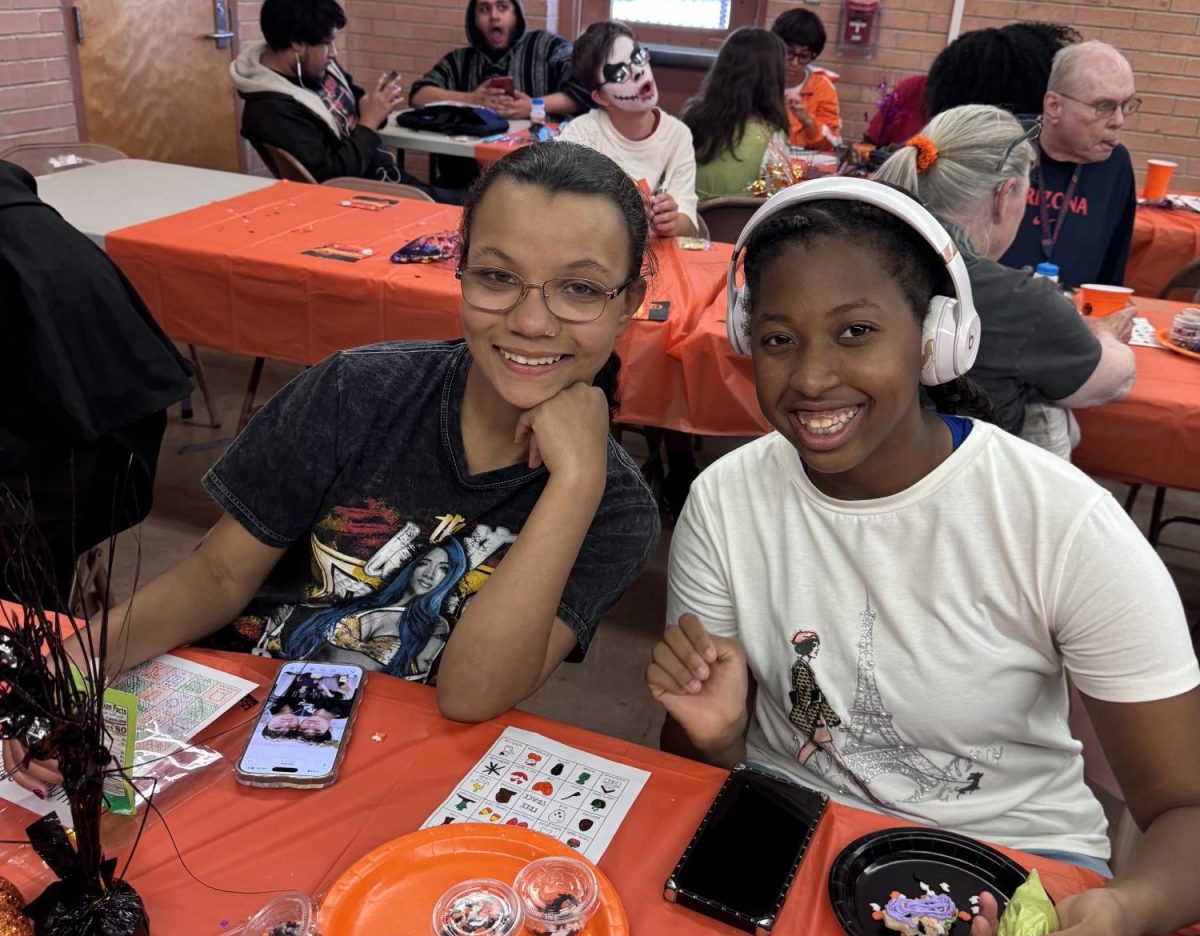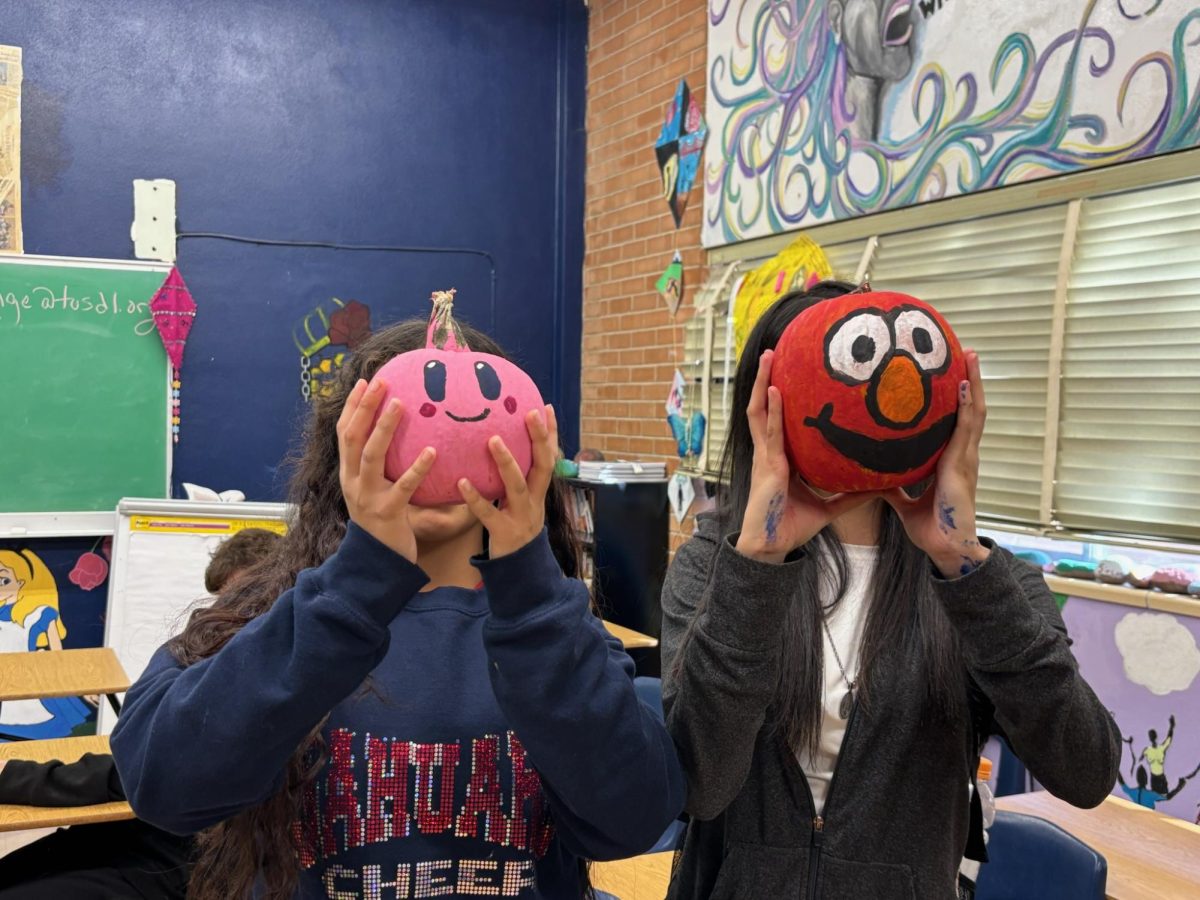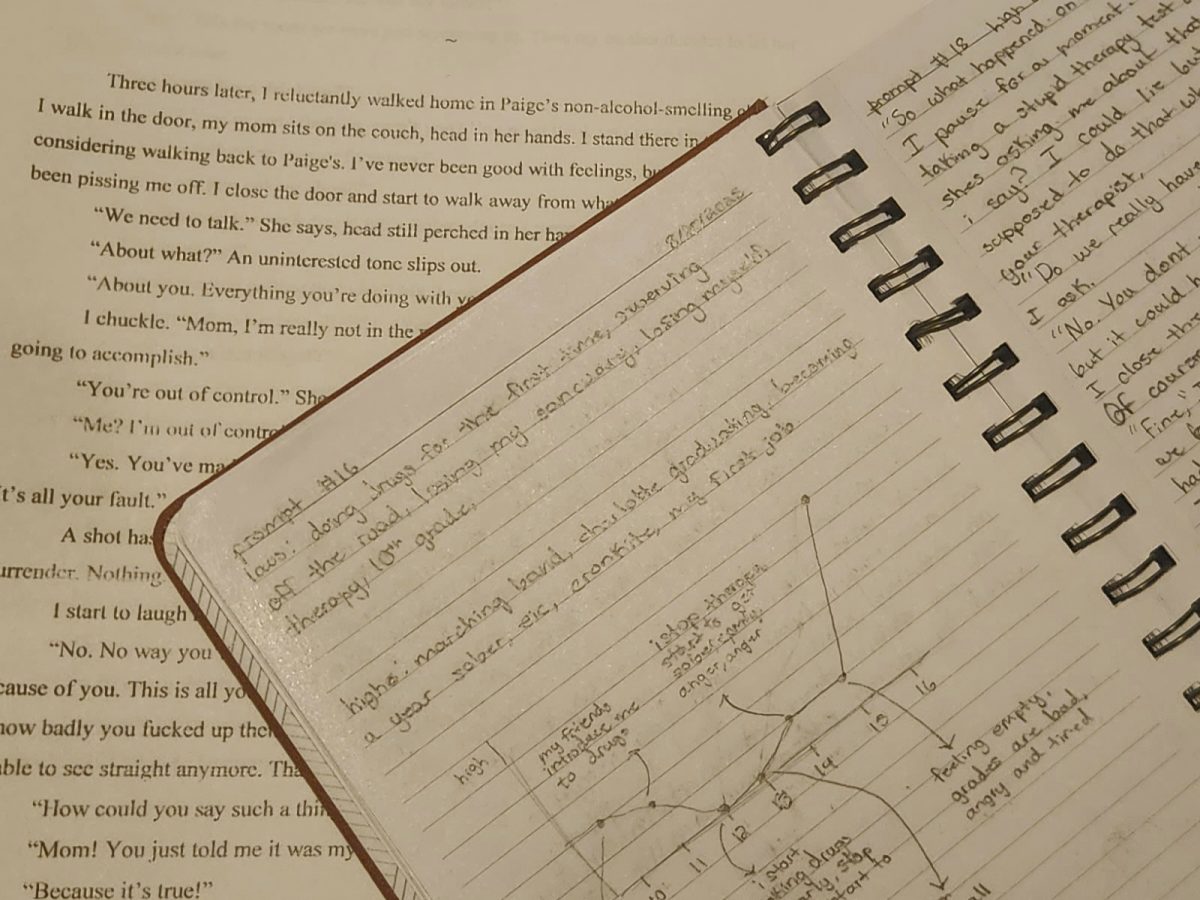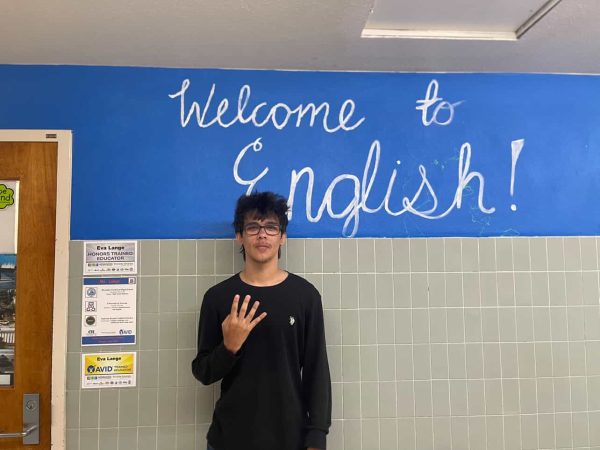A new class has hit the hallways here at Sahuaro, right in our own beloved Mr. Smith’s class.
If you’re interested in a new shift or change in your English class choices, Mr. Smith’s Shakespeare is right up your alley. He has made this school year just that much better with this amazing addition to the many English classes here at Sahuaro. The class covers Shakespeare’s plays and sonnets, as well as the unique vocabulary he used in his writing, which includes words he himself coined.
When talking about Shakespeare, Mr. Smith spoke about how his way of writing had a “really brilliant, amazing ability to reach the human condition,” with relatable themes for those born into both poverty or wealth. His plays were shown in parts of London, England, where “groundlings” resided, where people were less wealthy or of a lower status.
Diving through the history of Shakespeare and going past the language barriers of Shakespeare’s work, they are filled with human emotions like love, fear, and expectations, going through the very clear diversity of the Elizabethan Era, separating those of high status and those with less status and fortune.
Looking at the amazing teacher who runs the class, Mr. Smith’s love and appreciation for Shakespeare runs deep in his life, sprouting at around the age of ten, when he first watched the Romeo and Juliet movie, and he said it instantly “hooked him”.
Originally, before Mr. Smith advocated for the Shakespeare class, the class was offered at Sahuaro but was cancelled by TUSD. He wondered why it had stopped, so he was excited for the opportunity to get the class back up and running again.
He read plenty of Shakespeare’s books in high school, like Romeo and Juliet, Julius Caesar, Macbeth, and Othello, and had actually “watched all of Shakespeare’s plays once, which not all of them were good, but he had seen them all once. He had actually done a lot of single scenes and monologues as an actor, playing parts like Iago in Othello, and Oberon in A Midsummer Night’s Dream.
More of what Mr. Smith has done regarding Shakespeare is independently studying the Original Pronunciation Project, which is dedicated to reconstructing and performing the plays and reading the stories and sonnets in the sounds and accents of their original historical periods.
When asked what Mr. Smith hopes to achieve with his Shakespeare class, he said, “I hope to inspire future generations to love Shakespeare in similar ways that I love Shakespeare, to respect him as an author, to see the brilliance in his works, I mean, the guy invented so many words. Even if you think Shakespeare is old and boring, he still influences our modern day.” Shakespeare’s has an influence on our modern day, creating over 1,700 words that we still use to this day.
Love Shakespeare or not, Mr. Smith’s Shakespeare class will always welcome all with open arms.











